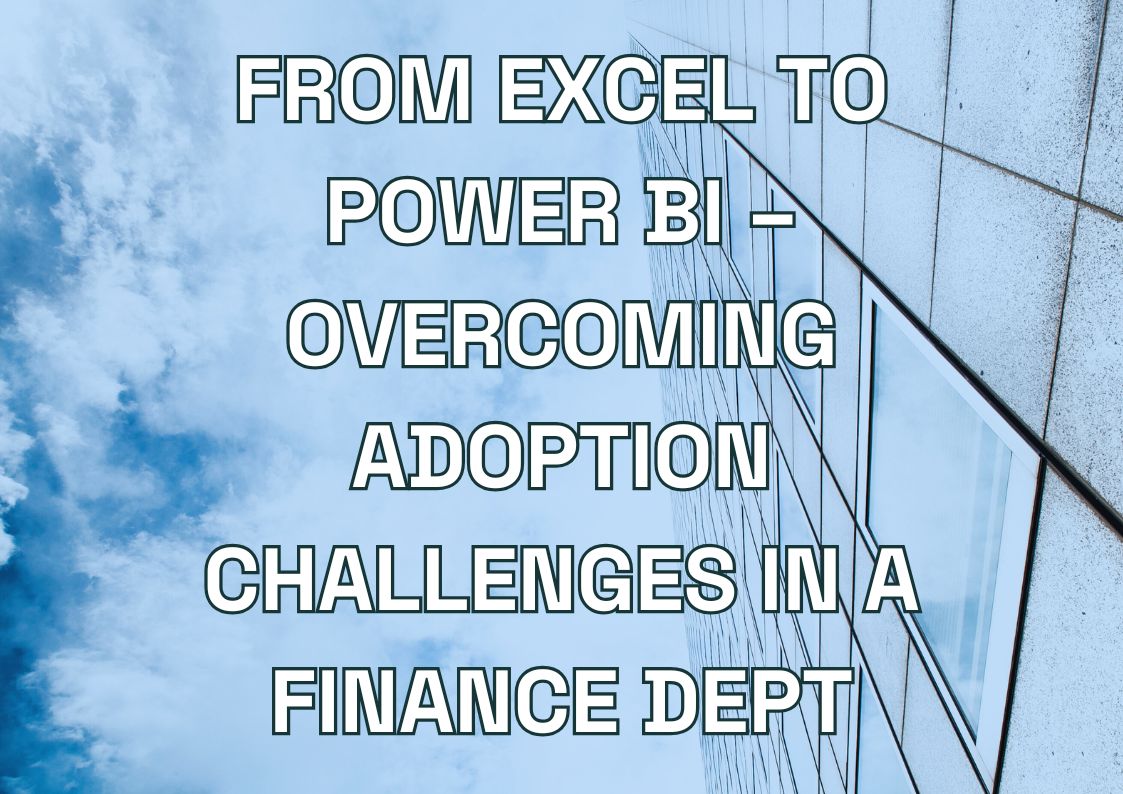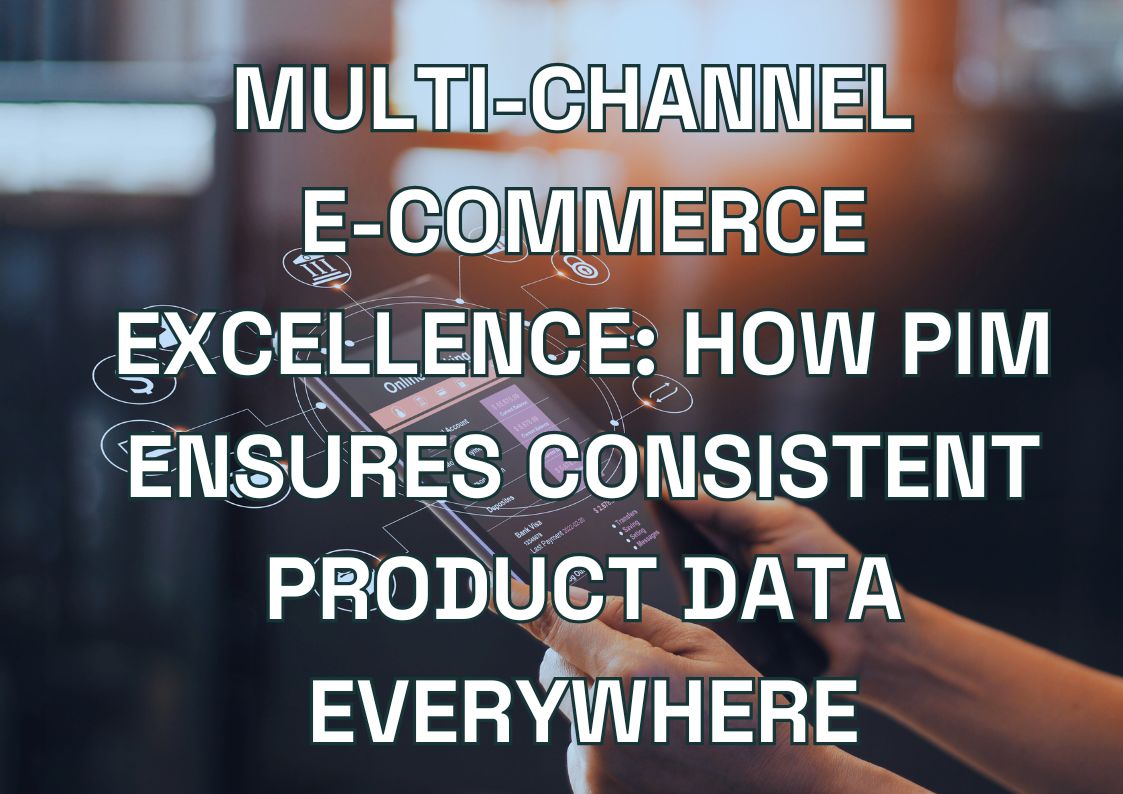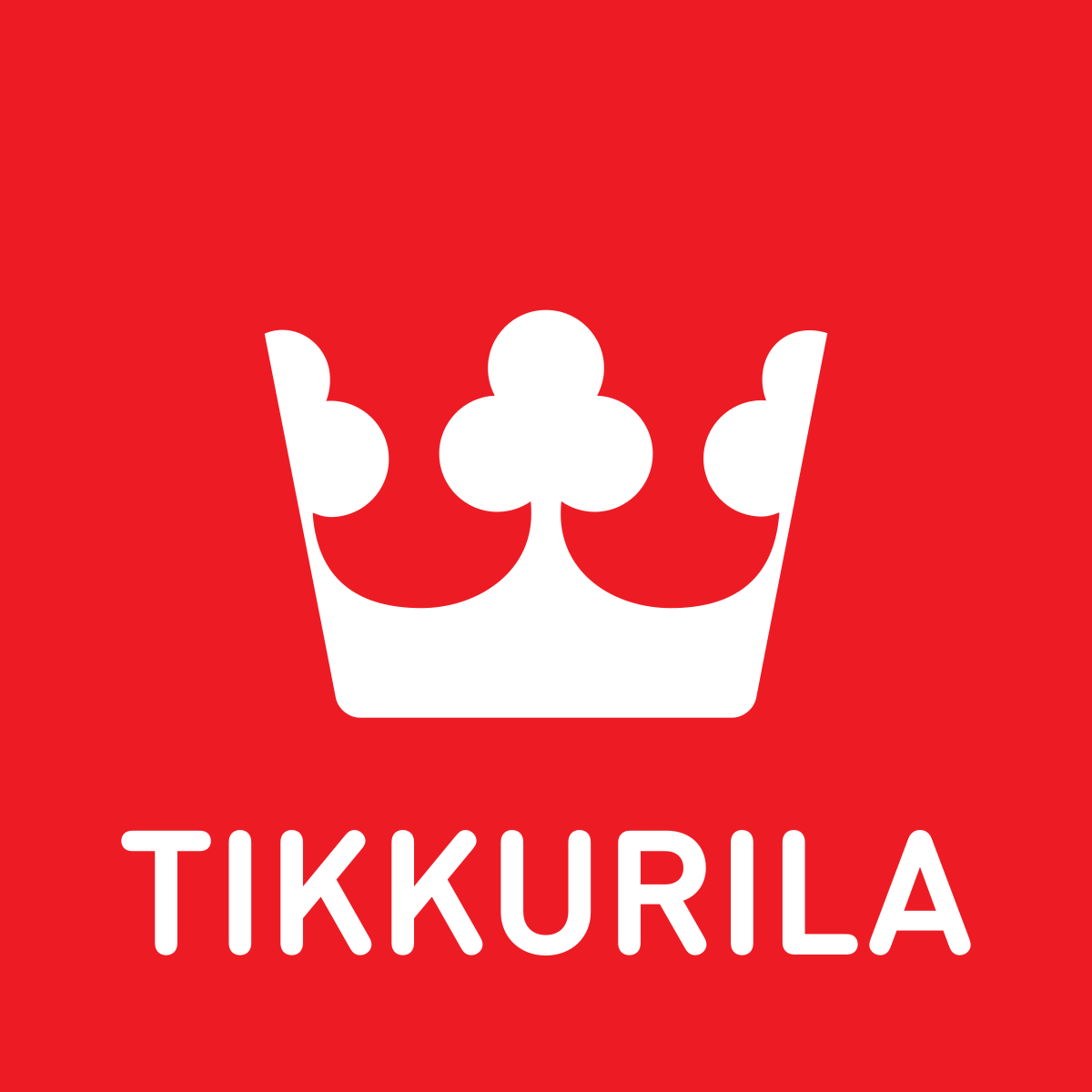Salesforce isn’t just a nice-to-have – it’s the engine powering sales, service, and customer relationships for countless companies. Whether you’re a scrappy startup or an established enterprise, Salesforce offers a treasure trove of tools to streamline your operations and drive revenue growth.
But here’s the catch: Salesforce is a powerful platform, but it’s not a magic wand. To truly harness its potential, you need a skilled developer who understands your unique business goals and can tailor the platform to your specific needs.
That’s where the challenge begins. Finding the right Salesforce developer can feel like searching for a needle in a haystack. Do you go with a cost-effective offshore agency? A flexible freelancer? Or a local agency with a proven track record?
This guide is here to help you make sense of the options and find your ideal Salesforce development partner. We’ll delve into the pros and cons of offshore agencies, freelancers, and US-based agencies, giving you the insights you need to make an informed decision.
Know Thyself – Defining Your Salesforce Needs
Before you even start browsing developer profiles, it’s crucial to get crystal clear on what you need from Salesforce. Think of it like planning a road trip: You wouldn’t just jump in the car and start driving, would you? You’d map out your destination, figure out the best route, and pack the right supplies.
The same goes for Salesforce development. Here are the key questions to ask yourself:
- Which Salesforce Products or Clouds Are Essential?
- Are you primarily focused on sales (Sales Cloud), customer service (Service Cloud), marketing (Marketing Cloud), or something else entirely? Knowing your core needs will help you narrow down your search for a developer with relevant expertise.
- What Are Your Project Goals?
- Are you looking to customize existing Salesforce features? Integrate Salesforce with other systems (like your ERP or accounting software)? Build a custom app from scratch? Or perhaps a combination of these? Clearly defining your goals will help you identify the right skillset for your developer.
- What’s Your Budget and Timeline?
- Let’s be honest, budget is always a factor. How much are you willing to invest in Salesforce development?Do you need a quick turnaround, or can you afford a more extended timeline? Being upfront about your budget and timeline will help you manage expectations and find a developer who fits your financial constraints.
- How Much Ongoing Support Do You Need?
- Do you envision needing ongoing support for maintenance, updates, or troubleshooting? Or is this a one-and-done project? The level of support you require will influence the type of developer (or agency) you choose.
Beyond the Buzzwords – What Makes a Great Salesforce Developer
While Salesforce certifications are a good starting point, they don’t tell the whole story. A truly exceptional Salesforce developer brings a blend of technical prowess, problem-solving skills, and the ability to collaborate effectively with your team. Here’s what to look for:
| Category | Specific Skill/Qualification | Why It Matters |
|---|---|---|
| Certifications | Administrator, Platform App Builder, Platform Developer I & II | These credentials validate foundational knowledge and demonstrate a commitment to professional development. However, don’t discount developers with strong experience but fewer certifications. |
| Technical Skills | Apex (Salesforce’s programming language) | Essential for building custom logic, triggers, and complex automations within Salesforce. |
| Visualforce (UI framework) | Allows customization of the Salesforce user interface for a tailored experience. | |
| Lightning Web Components (modern UI framework) | Crucial for building fast, reusable components for the Lightning Experience, Salesforce’s modern interface. | |
| SOQL and SOSL (Salesforce query languages) | Used to retrieve and manipulate data within Salesforce, a fundamental skill for any developer. | |
| Data modeling and management | Designing efficient data structures and relationships is key to optimizing Salesforce’s performance and ensuring data integrity. | |
| Integration experience (APIs, third-party systems) | Many businesses rely on integrating Salesforce with other tools. A developer with integration experience can seamlessly connect these systems for a unified workflow. | |
| Soft Skills | Communication and collaboration | Salesforce development is rarely a solo endeavor. A developer who can communicate clearly, listen actively, and work well with your team is invaluable. |
| Problem-solving | Every project encounters roadblocks. A resourceful developer who can analyze problems and devise creative solutions will keep your project on track. | |
| Adaptability to changing requirements | In the dynamic world of business, project requirements can shift. A developer who can adapt quickly and remain focused on delivering results will save you time and headaches. |
The Salesforce Development Trifecta – Offshore, Freelance, or Agency?
Now that you’ve defined your Salesforce needs and the ideal skillset for your developer, it’s time to explore the three main avenues for finding your perfect match:
1. Offshore Agencies
- The Pros:
- Cost-Effective: Offshore agencies often offer significantly lower rates than their US-based counterparts,making them an attractive option for budget-conscious businesses.
- Large Talent Pools: Countries like India and Ukraine boast thriving tech scenes with a wealth of Salesforce talent to choose from.
- The Cons:
- Communication Hurdles: Language barriers and cultural differences can sometimes lead to misunderstandings or delays.
- Time Zone Challenges: Coordinating meetings and resolving issues can be tricky with significant time zone differences.
- Quality Control: While many offshore agencies deliver excellent work, it’s crucial to vet them thoroughly to ensure they have a proven track record and robust quality assurance processes.
2. Freelancers
- The Pros:
- Flexibility: Freelancers can often adapt quickly to your project’s specific needs and timelines.
- Lower Rates (Potentially): Freelancers may have lower overhead costs, translating to more competitive rates.
- The Cons:
- Limited Bandwidth: A single freelancer may not have the bandwidth to handle complex projects or tight deadlines.
- Risk of Turnover: If your freelancer moves on, you might need to find a replacement and get them up to speed, potentially causing delays.
- Accountability: Freelancers may be less accountable than agencies, so clear contracts and communication are essential.
3. US-Based Agencies
- The Pros:
- Seamless Communication: You’ll enjoy easy communication and a shared understanding of US business practices.
- Proven Expertise: Established agencies often have a wealth of experience across various industries and Salesforce products.
- Accountability and Support: Agencies typically have robust project management processes and dedicated support teams to ensure your project’s success.
- The Cons:
- Higher Costs: US-based agencies generally command higher rates due to their location and overhead costs.
The Verdict? It Depends.
There’s no one-size-fits-all answer when it comes to choosing a Salesforce development partner. The best option for yourbusiness will depend on your specific needs, budget, and priorities.
Here’s a quick comparison table to help you visualize the key differences:
| Factor | Offshore Agencies | Freelancers | US-Based Agencies |
|---|---|---|---|
| Cost | Lower | Varies | Higher |
| Talent Pool | Large | Varies | Varies |
| Communication | Can be challenging | Varies | Easy |
| Expertise | Varies | Varies | Often extensive |
| Accountability | Varies | Can be challenging | High |
From Search to Hire – Your Salesforce Developer Recruitment Roadmap
Now that you know what you need, it’s time to find the talent to deliver it. Here’s your step-by-step guide to navigating the hiring process:
1. Cast a Wide Net:
- Salesforce AppExchange: This is the official marketplace for Salesforce apps and solutions. Many consulting partners and developers list their services here.
- Online Job Boards: Indeed, LinkedIn, and specialized Salesforce job boards are great places to post your job openings.
- Referrals: Tap into your network! Ask colleagues, partners, or other businesses for recommendations.
- Specialized Recruiters: Consider using a recruiting agency specializing in Salesforce talent.
2. Vet with Rigor:
- Resume Review: Look for certifications, relevant experience, and projects that align with your needs.
- Technical Assessment: Don’t just take their word for it. Use coding challenges or scenario-based questions to gauge their technical skills.
- Reference Checks: Talk to previous clients or employers to get a sense of their work ethic, communication, and ability to deliver results.
- Soft Skills Evaluation: Pay attention to how they communicate, how they approach problem-solving, and how they collaborate during the interview process.
Pro Tip: Prepare a list of questions tailored to your specific needs and project goals. This will help you assess whether a candidate is a good fit.
Building a Partnership – Nurturing Your Salesforce Developer Relationship
Hiring a Salesforce developer isn’t the finish line; it’s the starting point of a collaborative journey. To ensure a successful project and a fruitful long-term relationship, follow these tips:
1. Set Clear Expectations Upfront:
- Scope and Deliverables: Clearly define the project scope, milestones, and deliverables. Don’t leave anything to assumptions.
- Communication Channels: Establish how and how often you’ll communicate. Regular check-ins are crucial for keeping the project on track.
- Payment Terms: Agree on payment terms upfront to avoid any surprises or disputes.
2. Foster Open Communication:
- Regular Check-Ins: Schedule regular meetings to review progress, address concerns, and celebrate successes.
- Feedback Loop: Encourage open and honest feedback from both sides. This helps build trust and ensures everyone is on the same page.
- Adaptability: Be prepared for unexpected changes or challenges. A good developer will be able to adapt and find solutions.
3. Nurture the Relationship:
- Show Appreciation: Acknowledge the developer’s hard work and contributions. A little gratitude goes a long way.
- Provide Opportunities for Growth: If your developer is doing a great job, consider offering them additional projects or responsibilities.
- Build a Long-Term Partnership: A strong relationship with a skilled Salesforce developer can be a valuable asset for your business.
By investing time and effort in managing the relationship, you’ll increase the chances of a successful project and lay the groundwork for a lasting partnership.
Let's talk about your IT needs

Let me be your single point of contact and lead you through the cooperation process.
Choose your conversation starter
Signed, sealed, delivered!
Await our messenger pigeon with possible dates for the meet-up.








